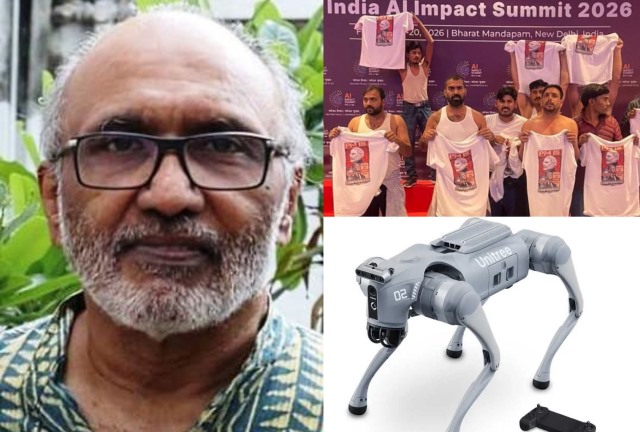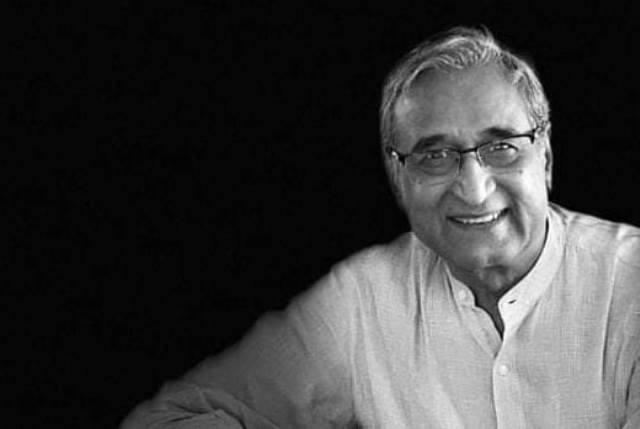
‘India Desperately Needs An Accountable State Healthcare Model’
Dr S K Tyagi, a renowned gastroenterologist, shares his views about what ails the health services in Uttar Pradesh where a hospital fire recently claimed innocent young lives. His views:
The state of government hospitals in India has long been a topic of concern, marked by poor upkeep and systemic inefficiencies. These issues often result in tragic outcomes, where helpless patients already burdened by poverty and limited options, bear the brunt of institutional neglect. The most heart-breaking consequence of such neglect is the avoidable deaths of individuals who sought treatment and compassion but were instead met with indifference and chaos.
It would be futile and partisan to mention each incident to highlight the severe lapses in patient care within government hospitals. The death of dozens of children in a Gorakhpur hospital in 2017 due to lack of oxygen and more recently in Jhansi where poor maintenance of critical equipment led to the loss of lives of innocent new-borns, a tragedy that shook the nation, is a recent case in point. Such incidents underline a culture of apathy, where the failure to take proactive measures directly impact human lives.
The physical infrastructure of many government hospitals across the country is a glaring issue. Dilapidated buildings with crumbling walls, open drains, and rampant infestation create an environment far removed from the standard of care required for recovery. The hospitals already in service need a significant allocation for equipment maintenance, replacement and basic structural upkeep.
The government too is slowly trying to privatize the healthcare delivery while concentrating on policy and formulating schemes that are already being made to be implemented in the private sector. Earlier it was the government run hospitals where age old schemes like CGHS were implemented. Government officials of all ranks sought medical aid there. This partly ensured some checks and balances. Now with the gradual withdrawal of government from health care delivery, the watch by visiting bureaucracy is missing. The downgrading is more by neglect than by outright transfer of these assets to the private sector resulting in poor upkeep and increased hazard to patients of all age groups.
ALSO READ: ‘Our Healthcare System Is Woefully Insensitive To Trans People’
At the heart of these issues lies a combination of poor resource management and corruption. Addressing these issues requires immediate and sustained action. Accountability mechanisms must be strengthened to ensure that allocated funds are utilized efficiently. Regular audits, stringent oversight, and penalties for negligence can deter systemic lapses. Investment in infrastructure, medical staff training, and ensuring adequate staffing levels are critical steps toward improvement. Lessons need to be learnt from the aviation industry and the check list protocol inbuilt into the SOP for running critical areas like ICUs, operation theatres and Neonatal and Paediatric ICU and other such areas.
The hardest hit are the poor, who have no alternative but to rely on these public institutions. With private healthcare often unaffordable, government hospitals are their only hope. Tragically, their reliance often results in devastating outcomes perpetuating cycles of despair. As part of cost effectiveness, the government should pay attention to the cost of medicines which form a substantial part of an out of pocket bill. The MRP is too high and most hospitals charge the printed price. Every hospital of over 50 bed strength should have a Jan Aushadhi Kendra with patients having the choice of buying generic or branded medicines.
Public awareness and active participation are also essential. By amplifying the voices of those affected, citizens can pressurize authorities to prioritize healthcare by transfer of existing facilities to corporates with built-in clause for strict implementation of schemes for the poor and the elderly.
The tragic deaths of helpless patients are not mere statistics—they are a call to action, demanding a healthcare system that is compassionate, competent, and accountable.
(The narrator is a Gastroenterologist and Hepatologist practising in Meerut since 1980. His primary interest has been in the epidemiological study of Hepatitis C in western UP and Uttarakhand)
As told to Deepa Gupta
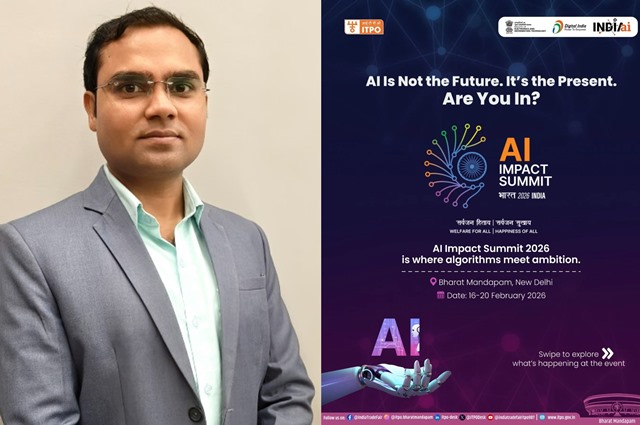
‘Summits Alone Won’t Make India AI Hub; Infra Push, Skill Development Are Key’
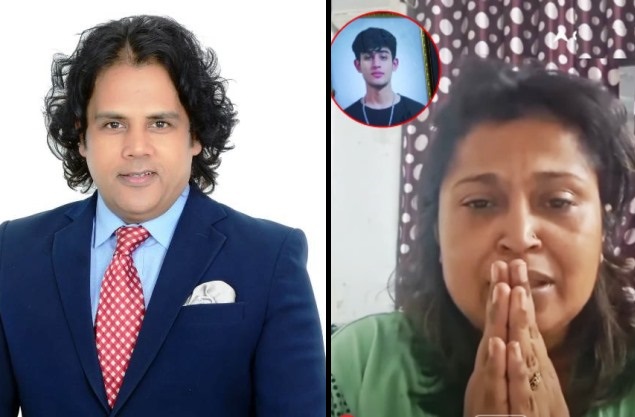
‘Flashy Parents & Reel-Crazed Minors Behind The Wheel Are A Curse On Road’
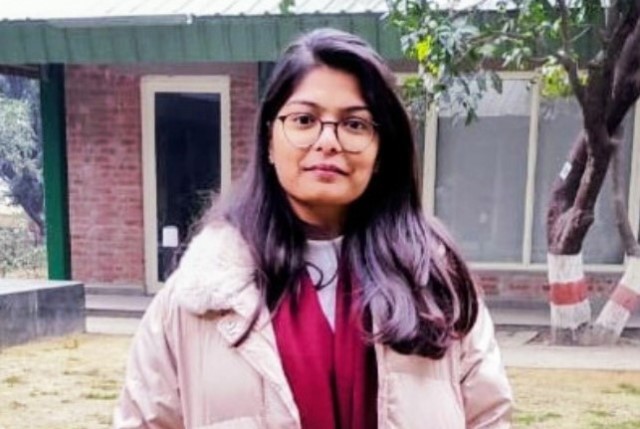
‘Social Media Addiction Is Turning Into A Mental Health Crisis’
